Orientul Mijlociu
I came to UK from Gaza seeking hope. Instead, I found complicity
Palestinians now suffer beyond our worst nightmares, and it is terrifying to see how much latitude the world offers the Israeli killing machine, writes Saher Safi [photo credit: Getty Images]
I had just turned ten when the First Intifada began in 1987. The Israeli army reacted harshly to Palestinians rising up to demand freedom, arresting thousands, breaking children’s bones, and killing unarmed demonstrators with impunity. The reality today is worse than I ever could have imagined as a child.
Palestine : tragédie au Proche-Orient, comédie en Europe

Les grandes puissances occidentales – la Grande-Bretagne, le Canada, l’Australie et plusieurs membres de l’UE sous la conduite de la France – ont décidé de faire preuve de largesse politique en reconnaissant l’État palestinien.
Syria’s Stolen Children
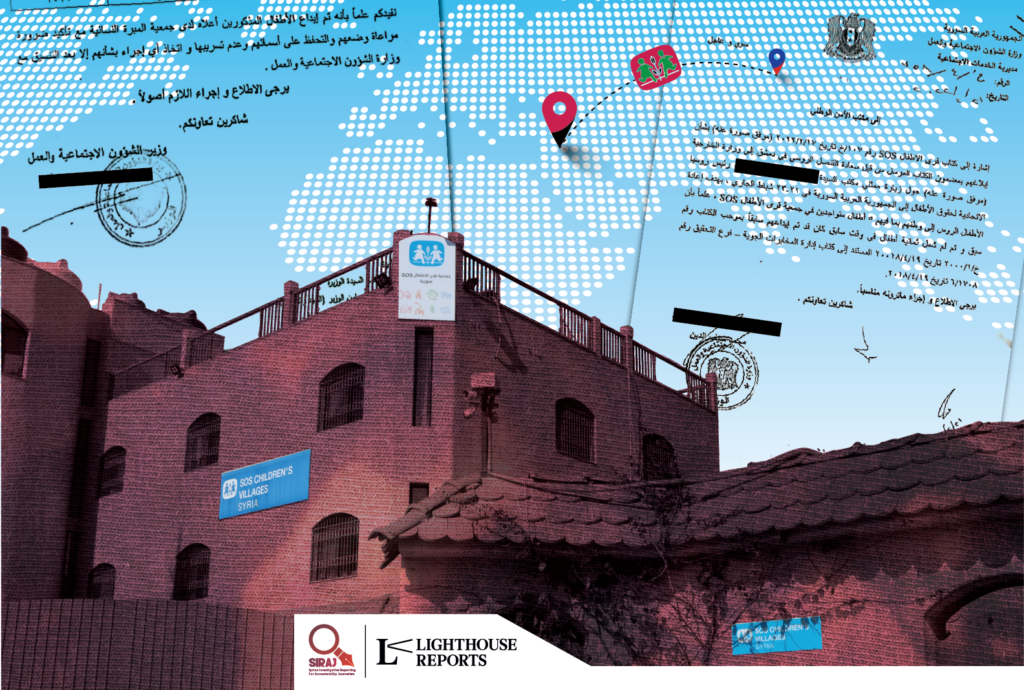
Under the Assad regime, hundreds of Syrian children were hidden in orphanages to extort their parents. Families still have few answers from the new government or the international charity that kept it a secret for years.
Under the totalitarian rule of Bashar al-Assad, when opponents and defectors were jailed, their children were often taken too – and quickly vanished.
Syria’s Captagon Empire.. From factories in Europe and India to the Fourth Division’s laboratories in Syria
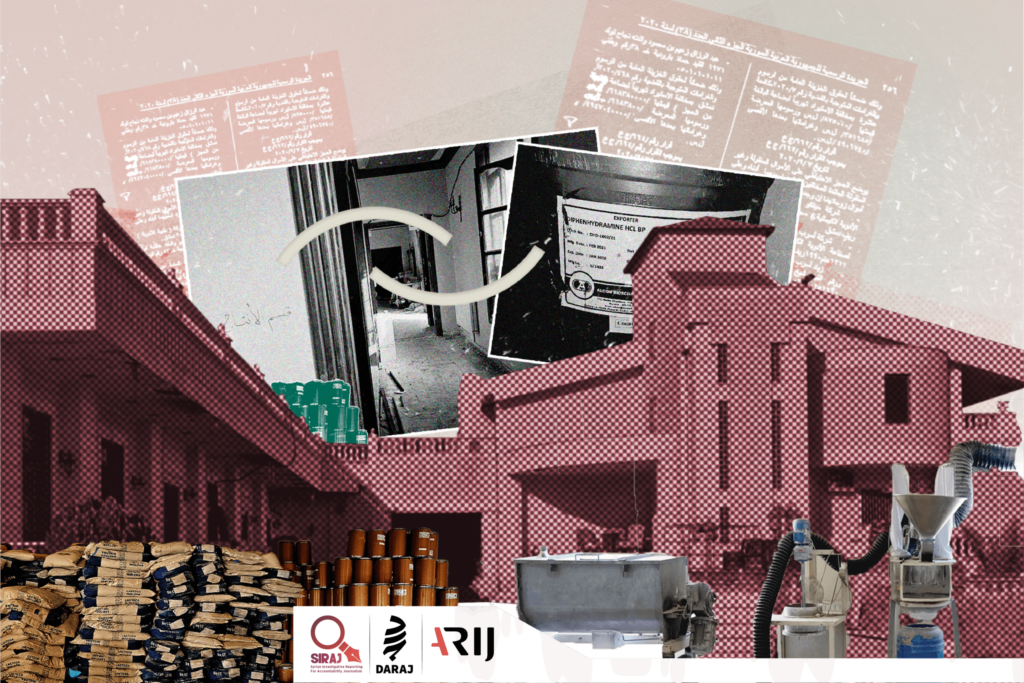
Four hundred drums containing a pharmaceutical agent commonly used in making antihistamines were shipped legally to Syria via Lebanon, with the approval of the ministries of health, economy and environment. But the contents of these drums was not used for making medicines. Instead they were found stacked inside one of the largest of the old Syrian regime Fourth Division’s secret Captagon factories, near the capital Damascus.
Israel is forcing us out of Gaza City, with no return
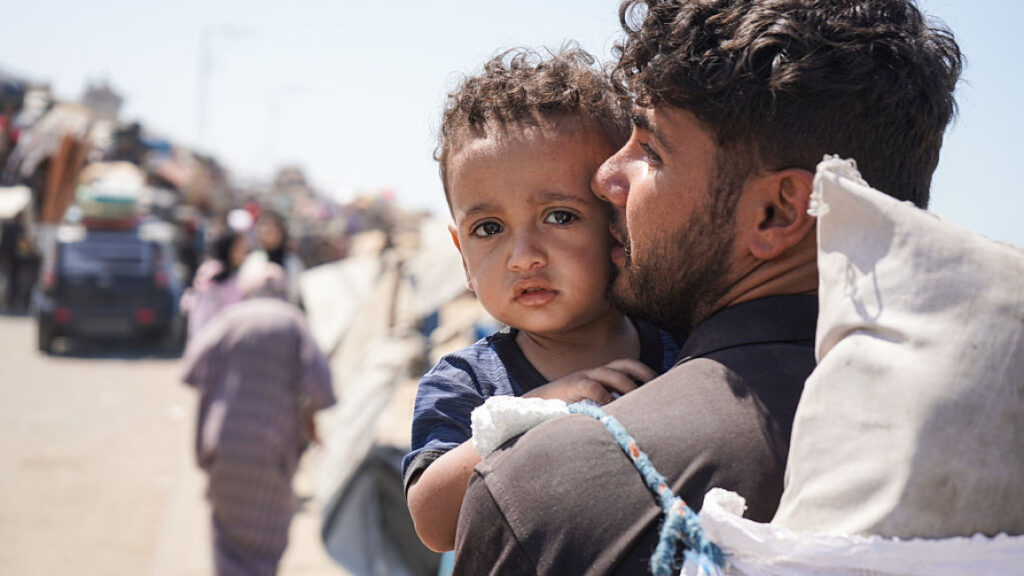
Huda Skaik shares her harrowing experience of Israel’s invasion of Gaza City, and her fear of permanent displacement & the erasure of her people.
As Israel proceeds with its occupation of Gaza City, where I live, the residents who witnessed past invasions fear the worst is coming. Despite having survived the ongoing genocide for almost two years, the approaching forced displacement feels permanent this time.
Iraq’s delicate balancing act: Caught between the US and Iran
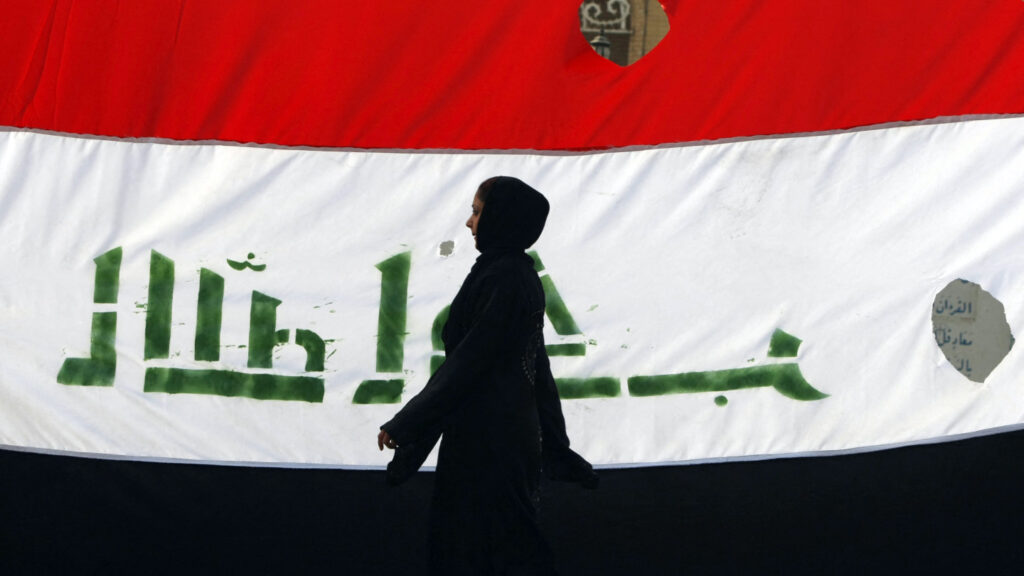
With elections approaching, Iraq’s future hinges on how it manages internal reforms amid rising US-Iran tensions that threaten its sovereignty and stability
Seven months into US President Donald Trump’s second term in the White House, Iraq finds itself at a critical juncture.
Syria’s Sharaa Arrives in U.S. for UNGA in First Presidential Visit Since 1967

Syrian President Ahmad al-Sharaa arrived in New York on Sunday, leading a senior delegation to attend the 80th session of the United Nations General Assembly (UNGA). The visit marks the first by a Syrian head of state to the United States since President Nur al-Din al-Atasi addressed the UN in June 1967, following the Arab defeat in the Six-Day War.
Turkish Intelligence Chief’s Visit to Damascus: Strengthening Ties Amid Regional Strains
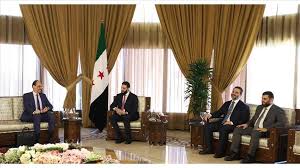
On May 20, 2025, Kalin held a landmark meeting with Syrian intelligence chief Hussein al-Salama in the Syrian capital
On Wednesday, Ibrahim Kalın, head of Türkiye’s National Intelligence Organisation (MIT), arrived in Damascus for talks with Syrian President Ahmed al-Sharaa. The visit marks a deepening of Ankara–Damascus engagement amid ongoing instability in Suweida province. According to Turkish sources, discussions will focus on regional security, bilateral coordination, and countering external interference—particularly from Israel.
The Return of ISIS
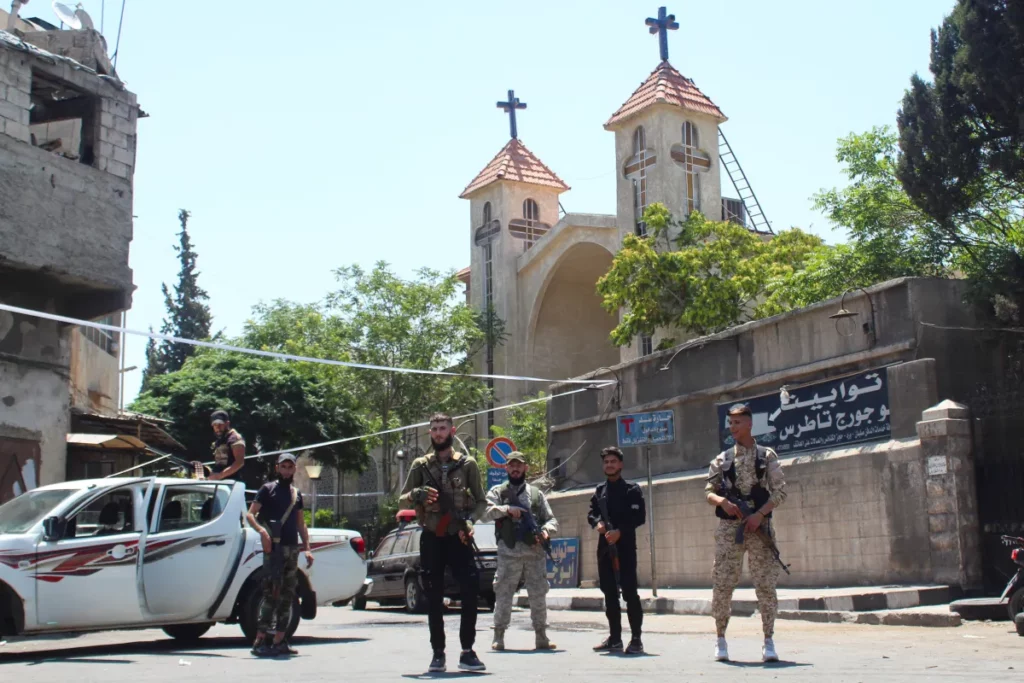
Nine months after the longtime dictator Bashar al-Assad was toppled by a rebel offensive, Syria faces a litany of new challenges. The country, which is now being led by the militant group Hayat Tahrir al-Sham (HTS), is contending with recurring violent sectarian clashes, successive Israeli strikes into Syrian territory, and internal disputes within the new government. Adding to the tumult is a resurgence of one of Syria’s most enduring challenges: the Islamic State, also known as ISIS.
